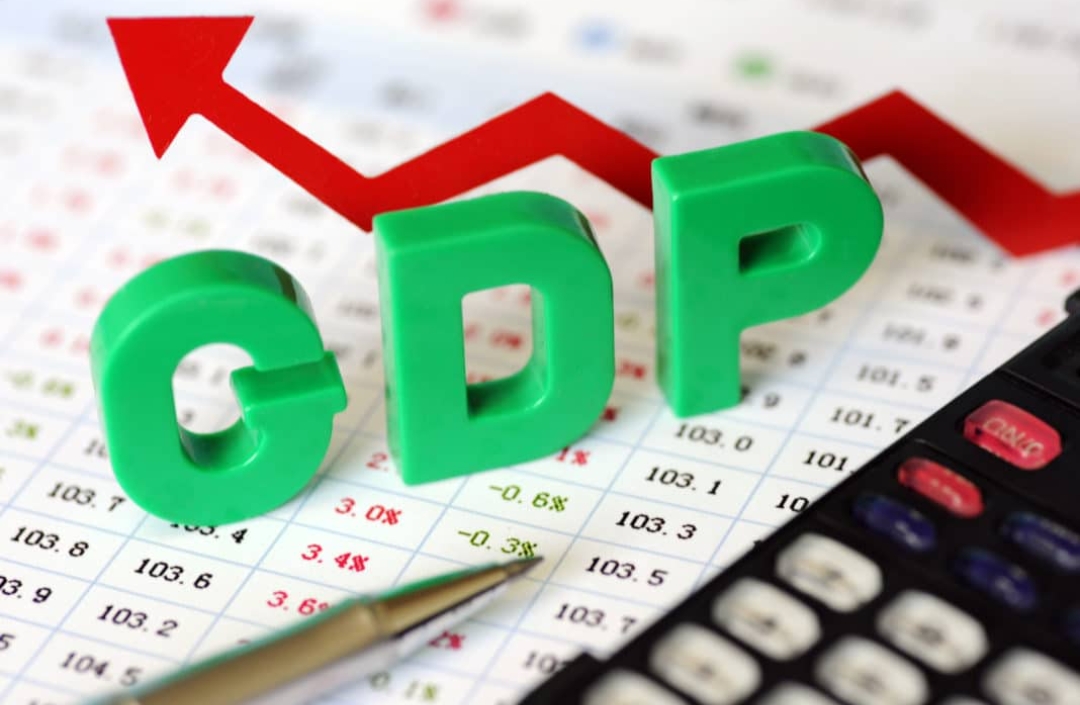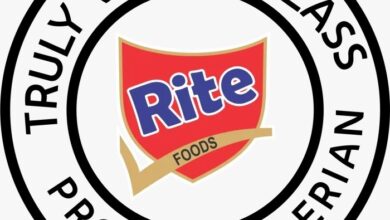Nigeria’s Gross Domestic Product Grows By 3.19% In H2 2024
...As Rising Food Prices Intensify Pressure On Nigerian Households

By Edu Abade
Nigeria’s economy witnessed a year-on-year growth of 3.19 percent in its Gross Domestic Product (GDP) in the second quarter of 2024, indicating an improvement over the 2.51 percent recorded in Q2 of 2023.
The National Bureau of Statistics (NBS) GDP report reveals that the oil sector also experienced significant growth, recording a real growth rate of 10.15 percent, compared to the negative growth of -13.43 percent in the same quarter of the previous year. The sector contributed 5.70 percent to the total GDP in Q2 2024, slightly up from the 5.34 percent recorded in Q2 2023.
Moreover, the non-oil sector, which is the largest contributor to the Nigerian economy, grew by 2.80 percent in real terms. Key drivers in this sector include the financial institutions, telecommunications, agriculture (particularly crop production) and manufacturing sectors. The non-oil sector’s contribution to the GDP stood at 94.30 percent, reflecting a slight decrease from the 94.66 percent recorded in Q2 2023.
Agriculture, which remains an important part of the Nigerian economy, grew by 1.41 percent in real terms, driven primarily by crop production, which continues to dominate the sector, contributing 87.48 percent of the agricultural sector. The sector’s overall contribution to the GDP was 22.61 percent in Q2 2024.
The service sector, particularly telecommunications and financial services, also played a significant role in driving GDP growth, growing by 3.79 percent and contributing 58.76 percent to the GDP. The transportation sector, however, faced challenges, with a real growth decline of -13.53 percent, although this was an improvement from the significant contraction seen in Q2 2023.
A report by the Centre for the Study of the Economies of Africa (CSEA), indicates that the overall statistics showed a positive growth trend in Q2 2024, particularly in the oil and service sectors like transportation continue to face difficulties, impacting their contribution to the overall economic performance.
The CSEA advised that to keep the economy growing, the government should focus on improving infrastructure, especially in the transportation sector, to help it recover and contribute more to the GDP.
Also, supporting key non-oil sectors like agriculture and services with better access to financing and encouraging innovation will help strengthen the economy for the long term.
Meanwhile, food prices in Nigeria continued to rise in July 2024, putting additional strain on people already struggling with high living expenses. The NBS disclosed that the price of 1kg of brown beans increased by 6.6 percent to N2,445 in July 2024 up from N2,293 in June 2024.
While the price of tomato fell by 26.4 percent to N1,694 in July from N2,302 in June 2024, the current price is 203.6 percent higher than N558 in July 2023. A dozen medium size agric eggs witnessed an increase of 12.1 percent within the last one month to N2107 from N1,936 in June 2024. Garri, a staple in many Nigerian families, also witnessed an increase in price.
The average price for 1kg of white Garri rose by 1.43 percent to N1,152 in July 2024 from N1,136 in June 2024. The current price is 2.7 times higher than N430, which was the price as of the same time last year.
Looking at state-level variability in food prices, Rivers State had the highest price for brown beans at N3,071 per kg, while Adamawa had the lowest at N1,532 per kg.
Osun State had the highest tomato price (N3,000 per kg), while Kaduna had the lowest (N761 per kg). Insecurity in some northern states, increasing transportation expenses, rising prices of other goods and services and exchange rate depreciation are partly responsible for persistent rise in food prices.
The CSEA argued that to achieve stable food prices, the government should prioritize security within and outside the farm areas. Additionally, lowering import tariffs on critical food commodities can help reduce prices of imported food items.
However, the long-term solution is to increase agricultural production significantly. As a result, the government should incentivize farmers through targeted subsidies that will encourage them to invest in advanced farming practices necessary to enhance food supply.











